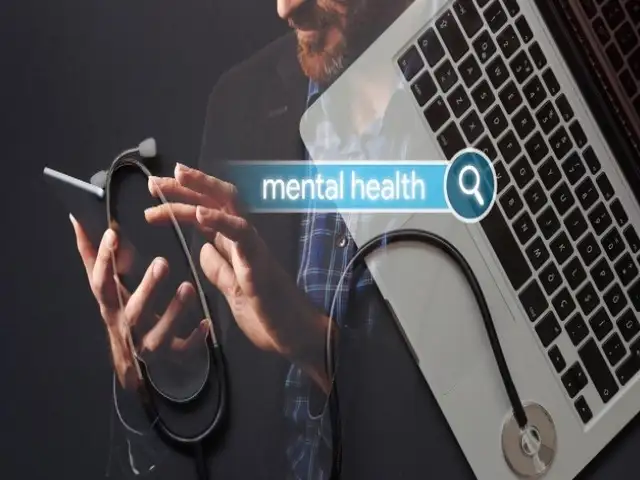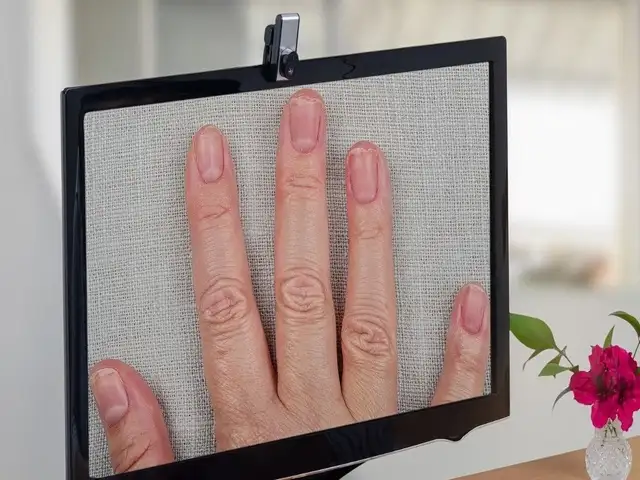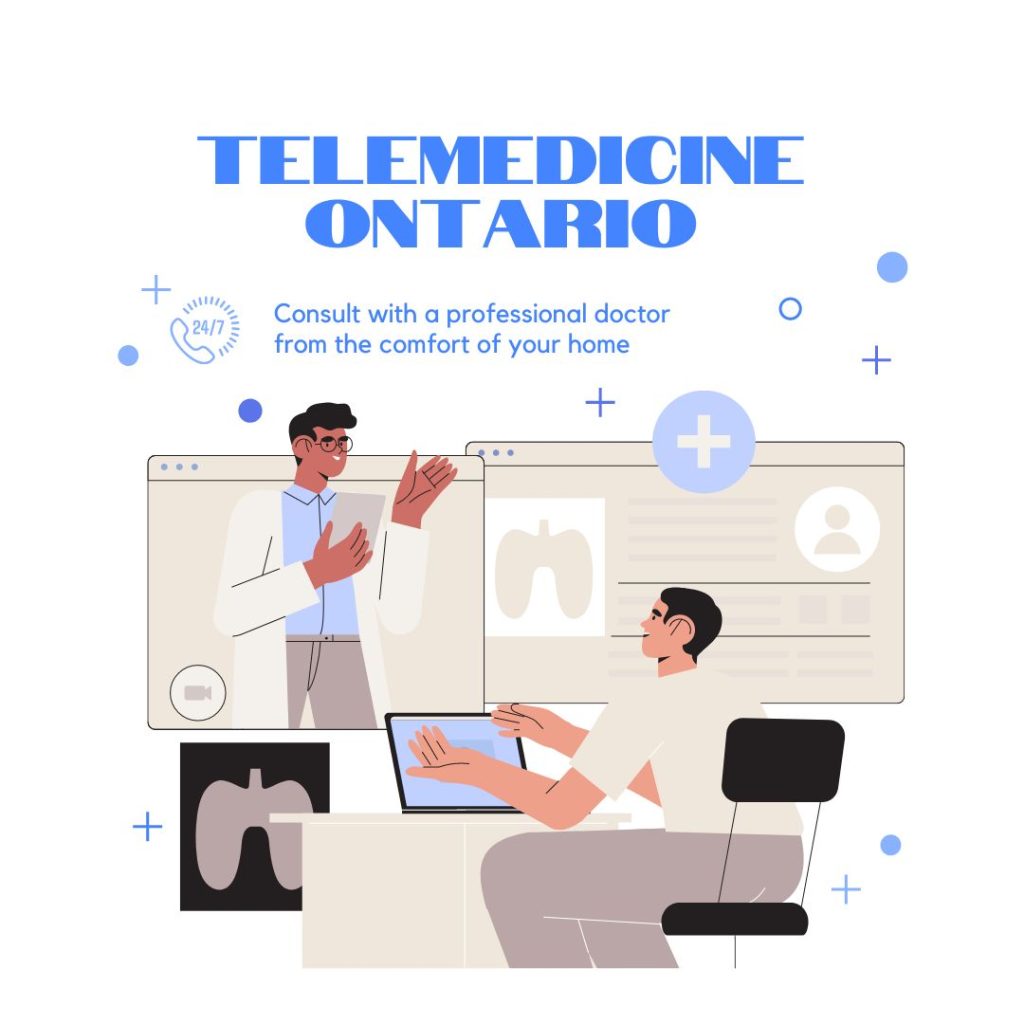Telemedicine for mental health is a way of delivering healthcare services to people in remote locations. It provides access to medical care that could not be provided in the area where the patient lives.
Telemedicine can be used for patients in remote locations, such as rural areas and developing countries. These cases can also increase access to specialized care and reduce costs.
Telemedicine for mental health is often considered a complementary service to traditional face-to-face care. However, it has been shown that telemedicine can improve patient outcomes and decrease waiting times for treatment.
 Telemedicine for Mental Health
Telemedicine for Mental Health
What are the benefits of telemedicine for mental health?
Telemedicine is a method of delivering health care via telecommunications technology. It connects patients with doctors, nurses, and other health care providers. Telemedicine can help reduce costs and improve access to care.
Telemedicine can provide benefits for mental health because it allows patients to connect with professionals in the comfort of their own homes or workplaces. This can make it easier for them to reach out for help when they need it most.
Telemedicine offers many advantages over traditional healthcare options such as clinics and hospitals, including:
- Lower cost
- Better access to quality care
- More convenience
What is the disadvantage of telemedicine for mental health?
Telemedicine is not without its challenges. For instance, even though it can be more affordable, it also limits patients’ type of experience in a telemedicine consultation.
Telemedicine can have many advantages over other methods of mental health care, so this method may not be for everyone. It does have a few disadvantages, though:
- Telemedicine requires an additional login process and takes more time than traditional care.
- It makes it harder for people with complex mental illnesses to get effective treatment because the telemedicine system itself limits them.
What are the limitations of telemedicine for mental health?
Telemedicine for mental health has been implemented in many countries, but limitations still need to be addressed. These limitations include the inability of the patient to receive the same level of care as they would from a physical therapist or psychiatrist and the lack of privacy that can result in stigma and discrimination.
Telemedicine for mental health is still new, but it has shown promise in reducing barriers to access healthcare services for those who cannot attend traditional appointments due to disability or distance.
What are some of the challenges with using telemedicine as a treatment option?
One of the major challenges with using telemedicine as a treatment option is the lack of medical supervision. It means that no doctor or nurse can monitor the patient’s progress during their treatment session. It can be problematic because a patient could have an adverse reaction to the medication or stop taking their medication altogether without anyone realizing it.
Another challenge with telemedicine is the lack of privacy and security about personal information. There are no physical barriers between you and your doctor, so it’s easy for someone to steal your data. Additionally, some people would rather.
Will these tools reduce the stigma against mental health disorders?
People in the United States are increasingly using technology to help them cope with mental health issues. With more and more people using these tools, the stigma against mental health disorders is becoming less prominent.
How can patients benefit from a specialist in a different field?
Patients who have to see a specialist in a different field can benefit from the specialist’s expertise. They can ask the specialist questions about their condition and get advice from them.
The patient should communicate with their doctor in their native language, understand what they are saying, and ask about other related topics. The specialist should also answer any questions that arise during the treatment process.
How does telemedicine for mental health work?
Telemedicine is a form of healthcare that can be delivered remotely, and it allows patients to receive healthcare in a way that is more convenient for them. Telemedicine works best when paired with other forms of care, such as mental health.
Telemedicine for mental health can treat many disorders, including depression, anxiety, and PTSD. It also helps patients who live far from access the specialists they need or want to see to get the treatment they need.
Telemedicine for mental health works by connecting patients with experts in their field via video chat or phone conversations. The patient will then describe their symptoms and what they would like help with, and the doctor will give them advice on how to proceed.
How is telemedicine used in mental health?
Telemedicine is a method of delivering healthcare services through telecommunications, usually using technology. It is typically used to provide remote access to healthcare professionals and medical care.
Telemedicine has been used in mental health for decades, thanks to its ability to provide a convenient and cost-effective way for patients to receive mental health treatment.
Telemedicine can be used in many ways in mental health care. The most common methods include:
- Telepsychiatry: is a form of telemedicine that allows psychiatrists or other mental health professionals to see patients remotely by video conference or phone call.
- Telepsychology: A form of telemedicine that allows psychologists or other mental health professionals (usually via video conference) to see patients for counseling sessions
How can telemedicine be used to improve mental health treatment?
Telemedicine can be used to provide mental health services in various ways. It can be used to provide more accessible and effective treatment for patients who live far away from the mental health professionals they need and help those who cannot afford traditional care.
How Telemedicine Can be an Effective Tool for Mental Health Care
Telemedicine can be an effective tool for mental health care because it allows people to connect with a professional in a way that is convenient and accessible.
The telemedicine industry has experienced rapid growth in the past few years, with the number of people using telehealth services increasing by 2.5% each year. This is due to the convenience of communicating with a professional via video chat, phone call, or text message.
Telemedicine services can be used for both physical and mental health care, and they are especially helpful for people who live far away from their doctors or therapists.
Conclusion
There is no doubt that the digital age has brought a lot of good things, and it has also brought many challenges. One such challenge is the increased pressure on people to be constantly connected and productive, sometimes leading to mental health issues.
For those struggling with mental health issues, it may not be easy to seek professional help for their condition. There are some tools available online that can help people with mental health problems such as depression. These tools are known as Mental Health Online Counselors or Mental Health Online Therapists. They work similarly to traditional counselors or therapists by providing support through chat and text messages, phone calls, email, or video conversations.


